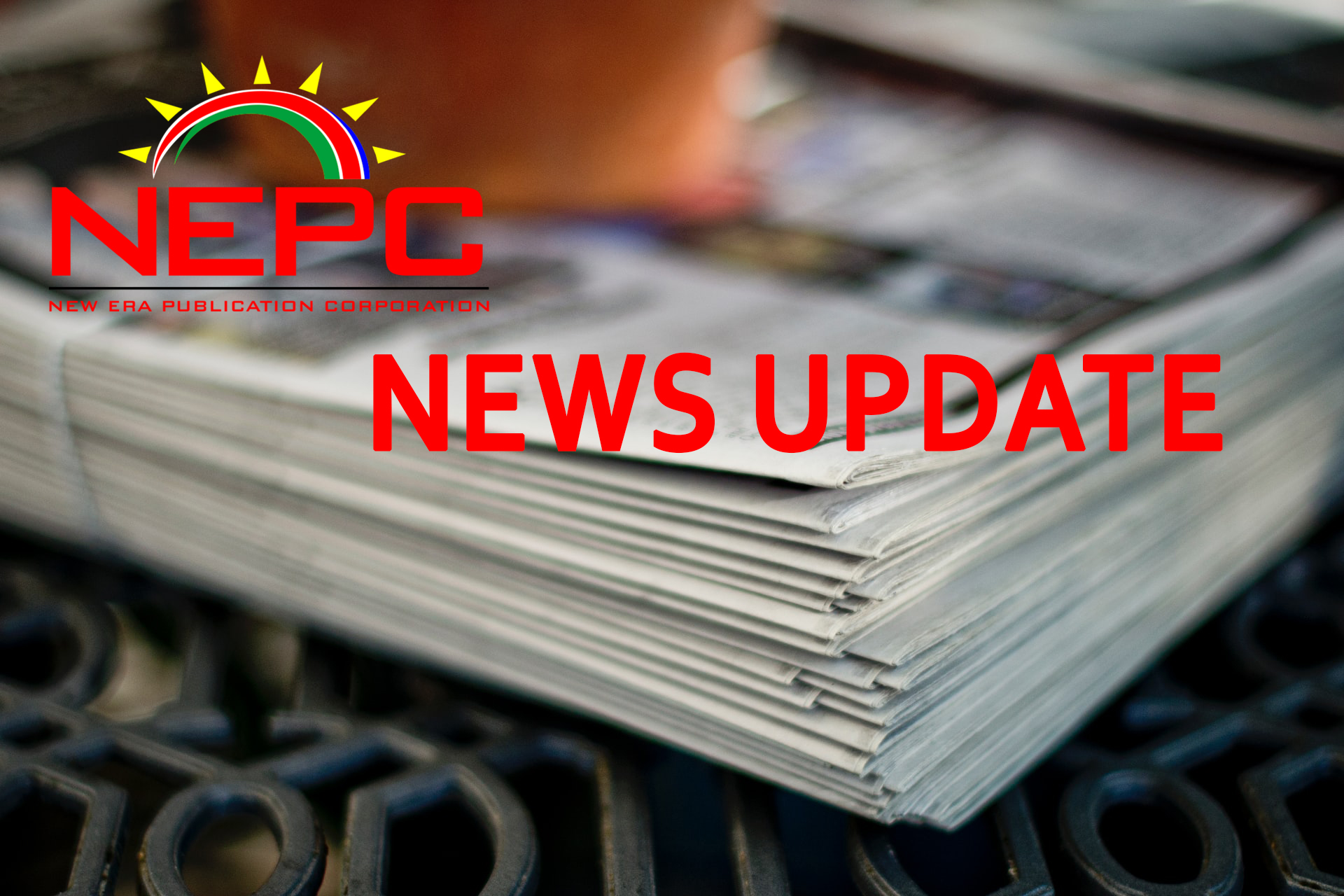Julius Iikela
The term ‘knowledge diplomacy’ emerged in recognition of the importance of international higher education, research and innovation (IHERI) in international relations. According to Jane Knight, knowledge diplomacy refers to the role that IHERI plays in building and strengthening international relations between and among states.
Conversely, the term also refers to the influence that international relations have in enhancing international higher education, research and innovation.
Like generic diplomacy, knowledge diplomacy is about consensus, collaboration, reciprocity and negotiation towards peaceful solutions without compromising each party’s interest. It builds on the functions of higher education, namely teaching, learning, research, innovation and knowledge production. Forms of knowledge diplomacy include student mobility, scholarly exchange and joint research projects.
Knowledge diplomacy has been identified as a collaborative mechanism capable of resolving national, regional and global challenges, and for strengthening international relations among nations.
Higher education, which is a transmission belt for knowledge diplomacy, provides a platform for research and innovation that can solve common global challenges such as climate change, infectious diseases, food and water insecurity, migration and poverty. In this sense, knowledge diplomacy promotes understanding, peace and unity among peoples.
The key characteristics of a knowledge diplomacy approach are collaboration, reciprocity and mutuality.
Non-state actors like universities, research institutions and think tanks play a significant role in knowledge diplomacy. Universities, for example, can provide technology and other tools for decision-makers to make evidence-based but amicable strategies as opposed to violence or wars when solving international disputes.
Knowledge diplomacy rejects the dominance of power, knowledge and culture. It recognises and respects differences in civilisations. It opposes the subordination of research collaboration to national security. It stands for the protection against scientific and industrial espionage, data security and safeguarding of intellectual property.
The interactions among higher learning institutions and their engagements with governments and industry are a form of knowledge diplomacy.
Because knowledge diplomacy brings together a network of different partners to address common issues, there are often different needs, rationales and implications. It recognises such differences, and negotiates to ensure that the strengths and opportunities for each partner are utilised.
This skill to recognise and collaboratively accommodate various needs and expectations is critical to sharing mutual benefits and avoiding dominance, autocracy and unfair misappropriation of research results for own economic, strategic, geopolitical or military purposes.
The internationalisation of higher education takes place through, among other things, transnational collaboration and internationalisation of curriculums. It involves the establishment of international system for assessing foreign qualifications fairly, transparently and non-discriminatorily for all students and graduates. Other aspects of internationalisation are research collaboration, data-sharing, educational engagements and connections. These activities bring the world closer, and advance common understanding of diversity and differences.
Unesco’s Global Convention on the Recognition of Qualifications concerning higher education is part of the internationalisation effort. It sets the rules and modalities of how higher education qualifications can be recognised and accepted.
A key feature of knowledge diplomacy is a diversity of higher education and other actors working collaboratively with partners from various sectors such as industry, civil society, foundations, etc, across borders.
These actors include think tanks, national, regional and international centres of excellence, research institutions, foundations, professional associations, non-governmental education organisations and governmental departments/agencies.
The African Union’s Pan African University (PAU) is an example of a higher education actor. PAU was established to stimulate international collaborative research in areas having a direct bearing on the continent and promote mobility of students, lecturers, researchers, school administrators, etc, between African and across the globe universities.
Knowledge diplomacy is capable of overcoming borders, political and other barriers, thereby enhancing the principles and values of equality, diversity and inclusion. As an example, despite the current worsened political relations between mainland China and Taiwan, there has been a resumption of knowledge diplomacy in the form of a student exchange visit from mainland universities to universities in Taiwan. The exchange is hoped to help improve tensions and restore cross-strait relations.
At the height of the Cold War, the political relations between the West and East Bloc countries were often characterised by mistrusts and overt hostility. Yet, the Soviet Union Space Agency and America’s NASA maintained strong collaboration in space exploration.
*Julius Iikela is a Diplomacy and International Relations Management graduate.


